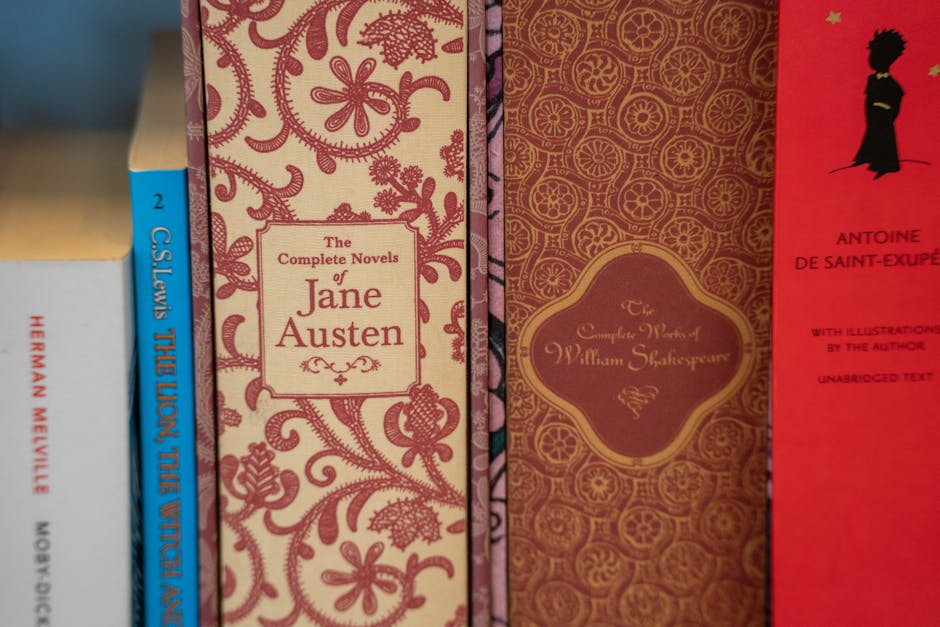Literature, a vast and ever-evolving landscape, is not a solitary creation. Instead, it is a rich tapestry woven with the threads of countless individual voices, experiences, and perspectives. Among these threads, some shine brighter than others, leaving indelible marks on the literary world. Examining the impact of renowned authors reveals not just their individual achievements but also the dynamic interplay that shapes the very nature of storytelling.
A significant influence stems from the authors’ innovative approaches to narrative structure and form. Writers like Virginia Woolf, for example, challenged conventional linearity and chronological storytelling in her modernist works. By employing stream-of-consciousness techniques, she opened a window into the inner workings of the human mind, paving the way for other authors to explore subjectivity and psychological depth. Similarly, James Joyce, with his experimental prose and innovative use of language in “Ulysses,” pushed the boundaries of literary expression, prompting a generation of writers to experiment with form and language.
Beyond structural innovation, these authors contributed significantly to the evolution of thematic concerns in literature. Authors like Jane Austen, in her insightful observations of societal norms and romantic entanglements, helped establish a unique understanding of societal interactions and interpersonal dynamics. Her contributions continue to resonate today, influencing contemporary novels exploring class, gender, and societal expectations.
Furthermore, a key impact lies in the establishment of particular genres and subgenres. The works of authors like Edgar Allan Poe, while rooted in the Gothic tradition, expanded the boundaries of horror and the macabre, inspiring countless authors to explore the darker corners of the human psyche. Similarly, the works of Charles Dickens, often categorized within the realism movement, offered a stark and unflinching portrayal of Victorian England, influencing subsequent novelists who sought to depict social and economic realities.
Moreover, celebrated authors frequently championed marginalized voices and experiences. Toni Morrison, for instance, powerfully depicted the African American experience, often confronting racism and prejudice through richly textured narratives. Her work not only highlighted the struggles of her community but also expanded the scope of literary representation, inspiring numerous other authors to incorporate diverse perspectives into their writing. Furthermore, authors like Chinua Achebe brought a distinct voice to African literature, pushing beyond colonial narratives and celebrating the complexities of indigenous cultures.
The influence extends beyond individual works to encompass broader literary movements. The Romantic movement, characterized by themes of emotion, individualism, and nature, owes a substantial debt to authors like Wordsworth and Coleridge. Their writings provided a springboard for the exploration of subjectivity and the power of nature to evoke profound emotions in readers, impacting later generations of poets and novelists alike.
Another crucial aspect of the impact lies in the authors’ exploration of universal human experiences. Authors like Fyodor Dostoevsky probed the depths of human consciousness, examining the complexities of morality, guilt, and redemption. His insightful explorations of psychological turmoil left an undeniable mark on subsequent authors grappling with similar themes. Similarly, Leo Tolstoy’s profound explorations of love, loss, and societal change have continued to resonate with readers across centuries. His insights into the human condition remain powerfully relevant, prompting reflection and debate on fundamental aspects of life.
It is also important to acknowledge that famous authors aren’t immune to critique. Critics often analyze their works, highlighting their strengths and weaknesses, and unpacking their influence on the evolution of literary expression. However, these assessments invariably recognize the significant contribution to literary history and the impact they had on shaping contemporary narratives.
The legacy of these authors is not merely confined to their published works. Their correspondence, journals, and personal lives often provide invaluable insights into their creative processes, enabling a deeper understanding of their motivations, inspirations, and aesthetic choices. These resources offer valuable context to appreciating the authors’ place within their historical and cultural settings.
The dissemination of these works through various channels has amplified their impact. Translations have enabled their narratives to reach global audiences, sparking cultural exchange and fostering cross-cultural understanding. Moreover, the emergence of literary criticism has brought a systematic and nuanced analysis to bear on these texts, allowing readers to engage with them more deeply and critically.
The impact of famous authors isn’t merely a historical phenomenon. Their works continue to inspire, challenge, and resonate with readers today. The exploration of their themes, styles, and perspectives provides invaluable insight into the human condition, enriching our understanding of ourselves and the world around us. Their enduring influence underscores the profound and lasting power of literature to shape our perspectives, engage our emotions, and inspire us to reflect on the complexities of the human experience.
